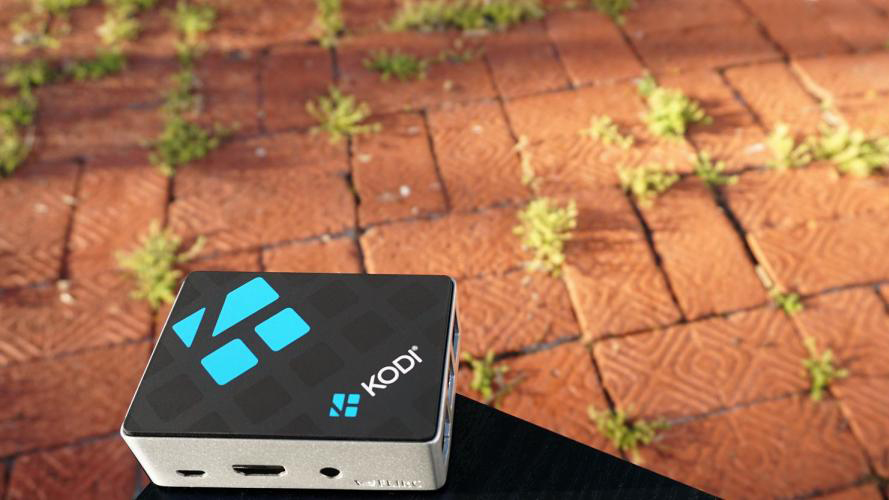Internet pirates could now face up to 10 years in prison
The UK government is cracking down on copyright infringement

Under the recently passed Digital Economy Act, the UK government has announced it’s cracking down on the use of Kodi boxes and other devices that are being configured to enable the streaming of copyrighted content.
Under the new act, the maximum prison sentence for those found guilty of infringement has jumped significantly from two years to 10.
This is just the latest move from law-makers in the ongoing battle against the sale of so-called ‘fully-loaded’ Kodi boxes.
Cracking down
Set-top boxes are of course legal, and the open-source Kodi software in its vanilla configuration is a harmless media center. But, Kodi supports the use of add-ons which can in some cases facilitate the illegal streaming of premium content, ranging from current cinema releases to streams of cable TV channels.
Individual end-users of Kodi boxes are unlikely to be affected by the Digital Economy Act as streaming is not covered by the act. Instead individuals and businesses who sell the full-loaded boxes are the main targets.
Individuals who torrent copyrighted material by downloaded as well as uploading are also impacted by these increased prison sentences as the act states that "A person…who infringes copyright in a work by communicating the work to the public commits an offense if [the person] knows or has reason to believe that [they are] infringing copyright in the work, and…knows or has reason to believe that communicating the work to the public will cause loss to the owner of the copyright, or will expose the owner of the copyright to a risk of loss."
It’s the sellers of fully-loaded Kodi boxes that the European Court of Justice recently announced it was cracking down on when it ruled that that the sale of set-top boxes that have been kitted out with piracy-enabling third-party add ons is illegal.
Get daily insight, inspiration and deals in your inbox
Sign up for breaking news, reviews, opinion, top tech deals, and more.
According to the ECJ, even if the retailer didn’t communicate to the public that accessing pirated content is possible on the device, copyright law “must be interpreted as covering the sale of a multimedia player, such as that at issue in the main proceedings, on which there are pre-installed add-ons, available on the internet, containing hyperlinks to websites – that are freely accessible to the public – on which copyright-protected works have been made available to the public without the consent of the right holders.”
Significantly for streamers the ECJ also stated that “acts of temporary reproduction, on a multimedia player” were no longer exceptions to EU copyright law. This means that streamers will no longer be able to legitimately defend themselves under EU law on the basis that streaming doesn't involve creating and distributing physical copies of copyrighted content.
Retailers as well as law-makers are getting involved in the crack down, with Amazon and eBay recently announcing that they were banning the sale of the pre-configured devices on their marketplaces.
Kodi itself seems to have welcomed the news on Twitter.
Great news. https://t.co/lNxusIM512April 26, 2017
You have to feel for Kodi, which has gained this reputation as piracy software despite not pirating content directly. It's piracy software in the same way as Chrome is, since every torrent that's ever been downloaded has been discovered through a web browser.
Whether or not these rulings will have a significant impact on the sale and use of fully-loaded Kodi boxes is yet to be seen but it’s a clear indication that governments and retailers are not resting on their laurels.
Emma Boyle is TechRadar’s ex-Gaming Editor, and is now a content developer and freelance journalist. She has written for magazines and websites including T3, Stuff and The Independent. Emma currently works as a Content Developer in Edinburgh.
Most Popular
